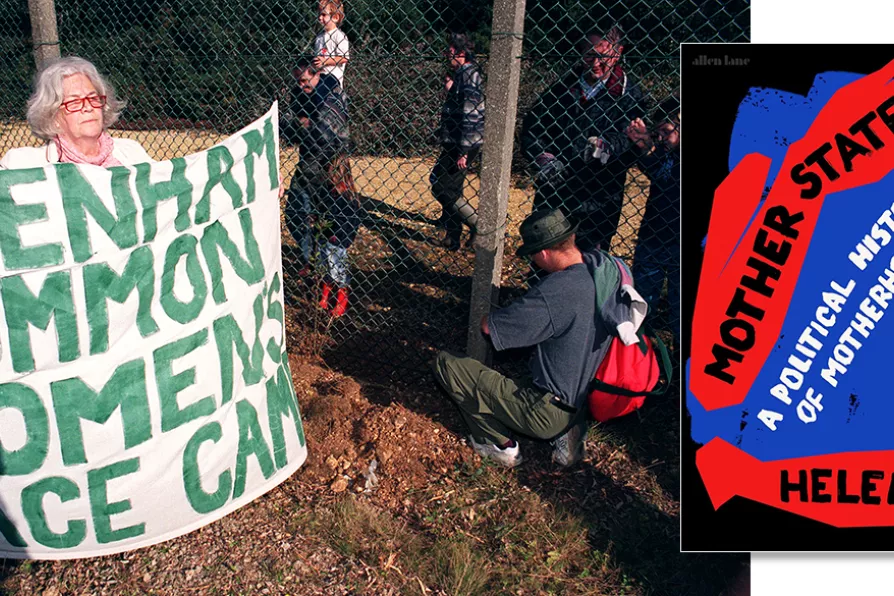ALAN McGUIRE welcomes the complete poems of Seamus Heaney for the unmistakeable memory of colonialism that they carry

 HEROINE: Veteran campaigner Sarah Hipperson, who spent much of the 1980s at the Greenham Common women's peace camp. The site had a continuous women's peace protest from 1981 until the Cruise missiles were removed in 1991. Sarah Hipperson remained an active campaigner and spent most of August 1997 in prison for cutting the fence at Aldermaston
HEROINE: Veteran campaigner Sarah Hipperson, who spent much of the 1980s at the Greenham Common women's peace camp. The site had a continuous women's peace protest from 1981 until the Cruise missiles were removed in 1991. Sarah Hipperson remained an active campaigner and spent most of August 1997 in prison for cutting the fence at Aldermaston
Mother State: A Political History of Motherhood
Helen Charman, Allen Lane, £30
IN the 1980s The Sisterhood of Black Single Mothers used the word “motherful” rather than “fatherless” to describe their families. Why describe something by a character it neither has nor lacks?
In her epic political history of motherhood, Mother State, Helen Charman goes further and asks if we can’t understand the world to be “babyful” and use the demands of care to build a universal solidarity rejecting the atomisation that is thrust upon us by both the nuclear family and the neoliberal state.
Charman’s book makes a claim for mothering as a political action, and motherhood as a political state that challenges the narratives of competition and othering that permeate our politics and our world. To mother and to be mothered are, for Charman, potentially universal disrupters of the status quo that can reveal oppressions and combat alienation.

MANJEET RIDON relishes a novel that explores the guilty repressions – and sexual awakenings – of a post-war Dutch bourgeois family













